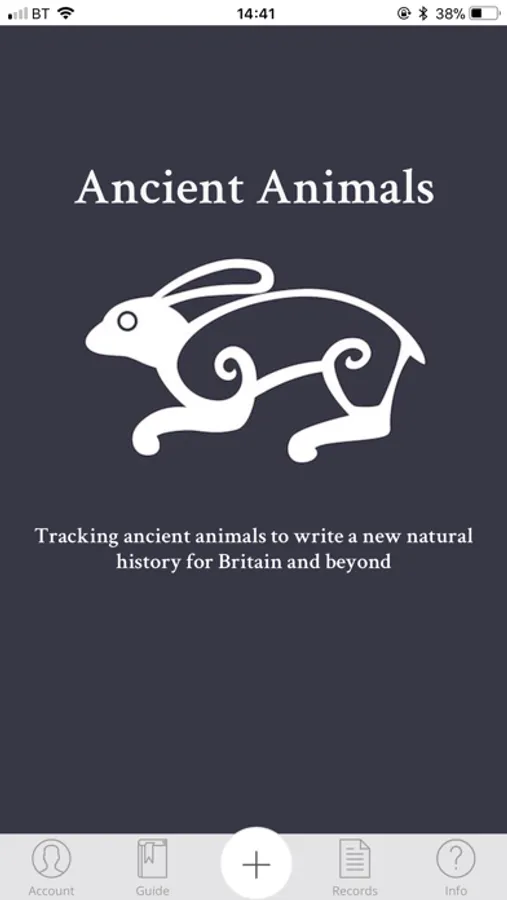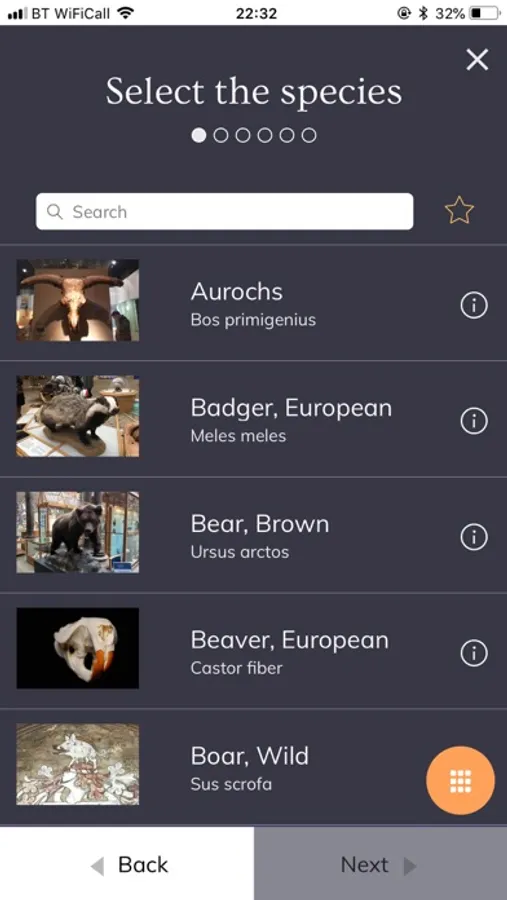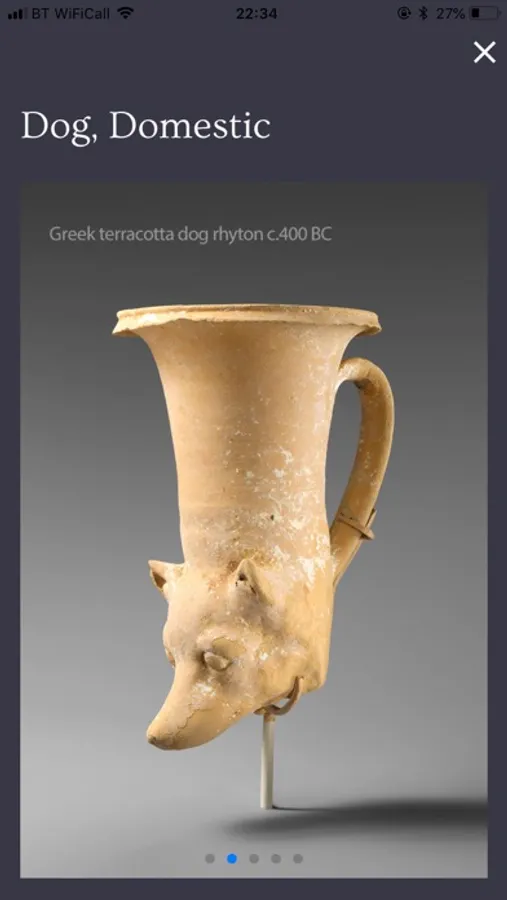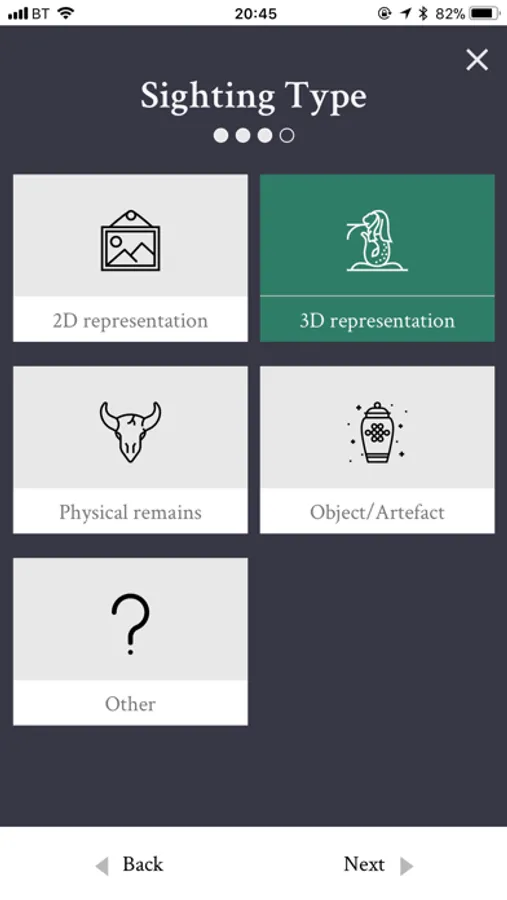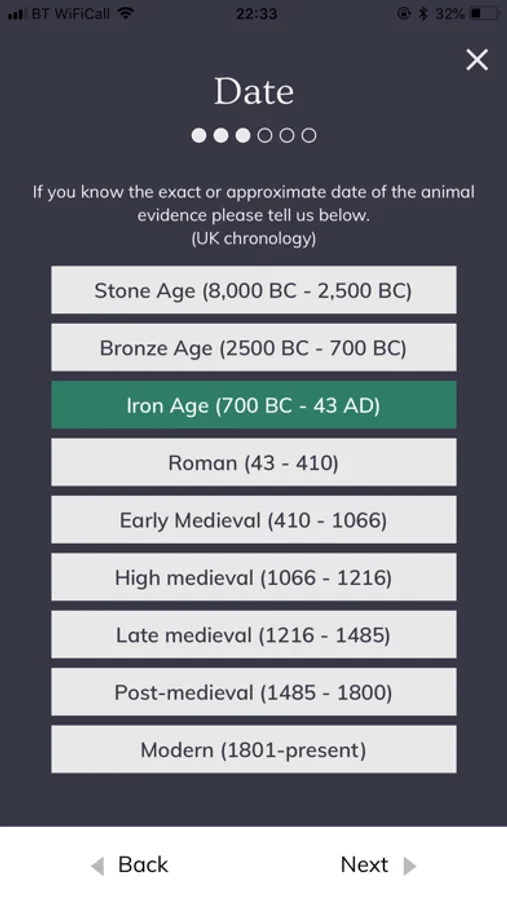About Ancient Animals
Few of the animals that we see around us today are ‘native’. Many animals that used to exist have been brought to extinction and, in their place, others have been introduced. Very little is known about the timing, circumstances and impact of these introductions and extinctions, and this app will help answer these questions.
When you begin to look, ancient animals are everywhere: in architecture, paintings and even pub signs; in objects that depict them or are made of their bones, antler/horn or skins; and even the remains of the animals themselves, unearthed from archaeological excavations.
The app provides a guide detailing current knowledge about the animals under study and where their representations might be found. It allows contributors to submit photographs of ancient animal representations (i.e. 2-D painting, 3-D sculpture, physical remains, object/artefact or other). These can be taken in real-time and instantly geolocated, or uploaded from camera rolls with geolocation data added manually.
By gathering together and tracking all of these representations we can begin to understand when particular species start, or stop, being represented and in what kinds of contexts. This information will help generate a new natural and cultural history for the mammals of Britain, Europe and beyond.
When you begin to look, ancient animals are everywhere: in architecture, paintings and even pub signs; in objects that depict them or are made of their bones, antler/horn or skins; and even the remains of the animals themselves, unearthed from archaeological excavations.
The app provides a guide detailing current knowledge about the animals under study and where their representations might be found. It allows contributors to submit photographs of ancient animal representations (i.e. 2-D painting, 3-D sculpture, physical remains, object/artefact or other). These can be taken in real-time and instantly geolocated, or uploaded from camera rolls with geolocation data added manually.
By gathering together and tracking all of these representations we can begin to understand when particular species start, or stop, being represented and in what kinds of contexts. This information will help generate a new natural and cultural history for the mammals of Britain, Europe and beyond.
